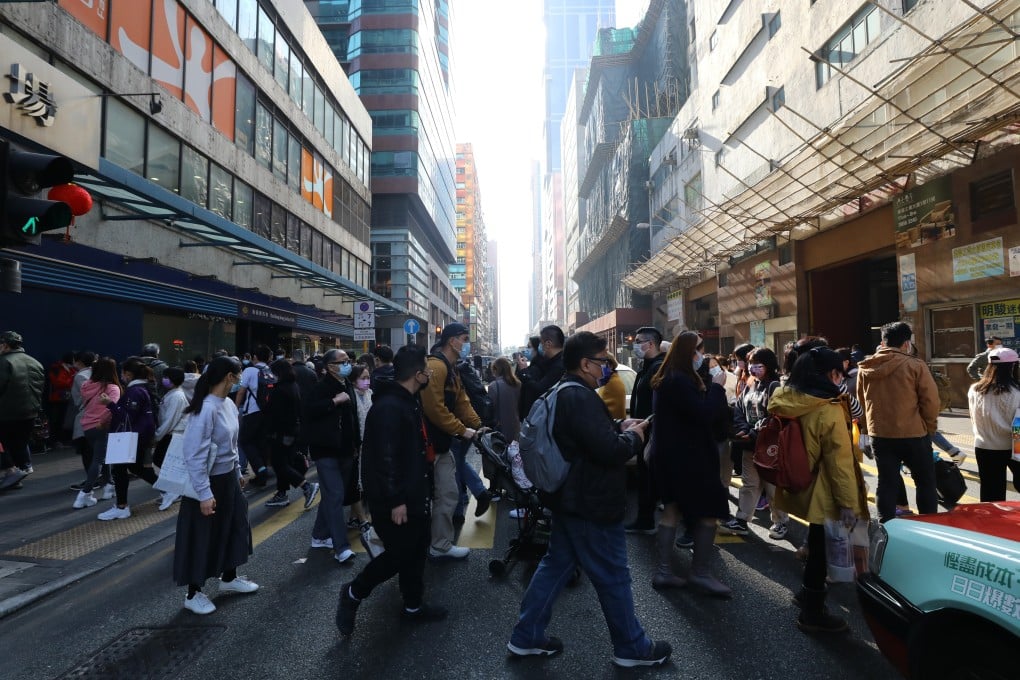My Take | Hong Kong has no alternative to ‘laam chau’ and Beijing’s intervention
- Legal scholars Chen Duanhong and Benny Tai Yiu-ting may be exact opposites, but both recognise that the city’s social and political crises run so deep that they cannot be resolved by normal legal or constitutional means

“The constitution is the law of national self-preservation, not a suicide pact.” – Chen Duanhong, a law professor at Peking University and prominent leader of the so-called New Left intellectual movement in China
“Hong Kong people have changed from threatening laam chau to carrying out real laam chau. This is very tragic but there is no alternative.” – Benny Tai Yiu-ting, pro-democracy activist and former University of Hong Kong law lecturer
More importantly, their legal philosophies could not be more different. But in their profound opposition, they encapsulate the very dilemma of Hong Kong as it has been at war with itself and with the rest of the country. In trying to figure the way forward, or a way out, for the city, both legal scholars resort to advocating measures and actions that go beyond the law and constitution.
Chen counsels intervention from above, by the state, to restore order, stability and governability, the very preconditions for the law itself to function. Tai advocates fighting from below, by the people, and committing violence if necessary, to bring about desired change.
Most Hong Kong people likely fall into the one or the other camp. Alternatively, you may think of their opposition as exemplifying a process of action and reaction between Hong Kong and Beijing – an endless downward spiral, through countless misunderstanding, miscalculations and bad intentions – that is ruining the city today.
